 Professors
Professors
Often times, students choose a college or major without understanding much about who might be instructing them and guiding their educational experience. We’d like to change that. While we can’t feasibly profile every forensics professor out there, we certainly aim to surface the best ones. To that end, we’ve carved out this section of our blog to host a growing collection of “top professors” lists, each researched and curated by the www.forensicscolleges.com staff. Since every top forensic professor relies on the support of a college or university, we take care to identify each professor’s institution and department as part of their profile. We also describe why they made the list – was it a novel approach, student achievement, exceptional social connectedness, cutting edge forensics research, or a clever application of new instructional technologies that made them stand out?
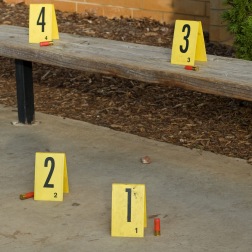
Top CSI Professors
Crime scene investigators have an impact out in the field, but also in the lab and even in the courtroom, providing testimony or expert opinion. The crime scene investigator (CSI) professors on our list come from a variety of backgrounds with many, but not all, having extensive service in law enforcement or for a police agency.
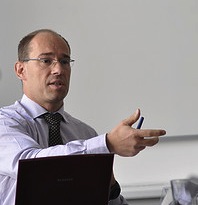
15 Top Cybersecurity Professors
Cybersecurity may seem like a sophisticated concept, and indeed takes on many forms, which can include strategies for protecting identities and private information on the web as well as making the transference of information more secure on e-commerce sites; our list of top cybersecurity professors includes those teaching and researching in the field, or doing both.
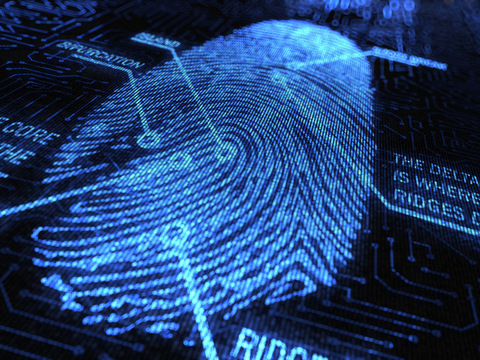
Top DNA Analysis Professors
DNA analysts look at the bodily fluids, blood and hair follicles found at a crime scene with the purpose of trying to connect these pieces of evidence back to a suspect. Generally, they work in crime labs and have an education founded in genetics, forensic science, molecular biology or a similar field.

15 Top Forensic Pathology Professors
Forensic pathologists bring their considerable expertise to bear on cases that rely on their medical and investigative training to determine cause of injury, death, or disease, and whether a case is worthy of criminal investigation. While the academic path to become a forensic pathologist can be long and arduous, the career can be a rewarding one, as pathology is so essential to the realization of justice.
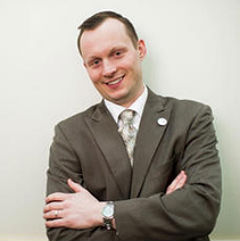
Top Computer Forensics Professors
As governments and enterprises increase their reliance on network and cloud storage, it becomes ever more important to protect that infrastructure and the data it stores; this mission-critical need drives ongoing demand for tech-savvy cybersecurity and digital forensics professionals, so for those with a dual interest in law and digital, a career in computer forensics could be the perfect fit.
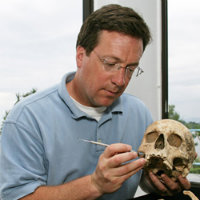
Top 10 Forensic Anthropology Professors
Forensic anthropologists use a combination of specialized skills from physical anthropology and human biology to help analyze and identify human remains for the use in court and or law. The remains of deceased individuals in crime scenes can range from skin tissue mutilation to unrecognizable remains in which the assistance of forensic anthropologists is pertinent to helping solve criminal cases.
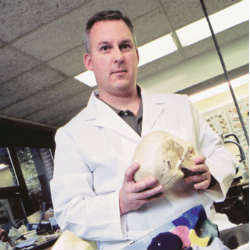
Forensic Science Professors to Follow
Forensic science is an umbrella term for the field of forensics, as it refers to the application of various sciences and technologies to help collect evidence and investigate cases for the legal matters. Forensic scientists can range from crime laboratory analysts to psychologists, and they all have specialized industry skills and knowledge to apply towards their area of study.
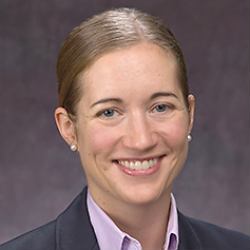
Forensic Accounting Professors
Ever considered pursuing a career in forensics? Do you enjoy solving mathematical problems? If you’ve answered yes to the questions above, a career in forensic accounting just may be the right career choice for you! Forensic accountants, also known as forensic auditors, help police and government accounting departments investigate a variety of claims to help gather evidence for trial.



